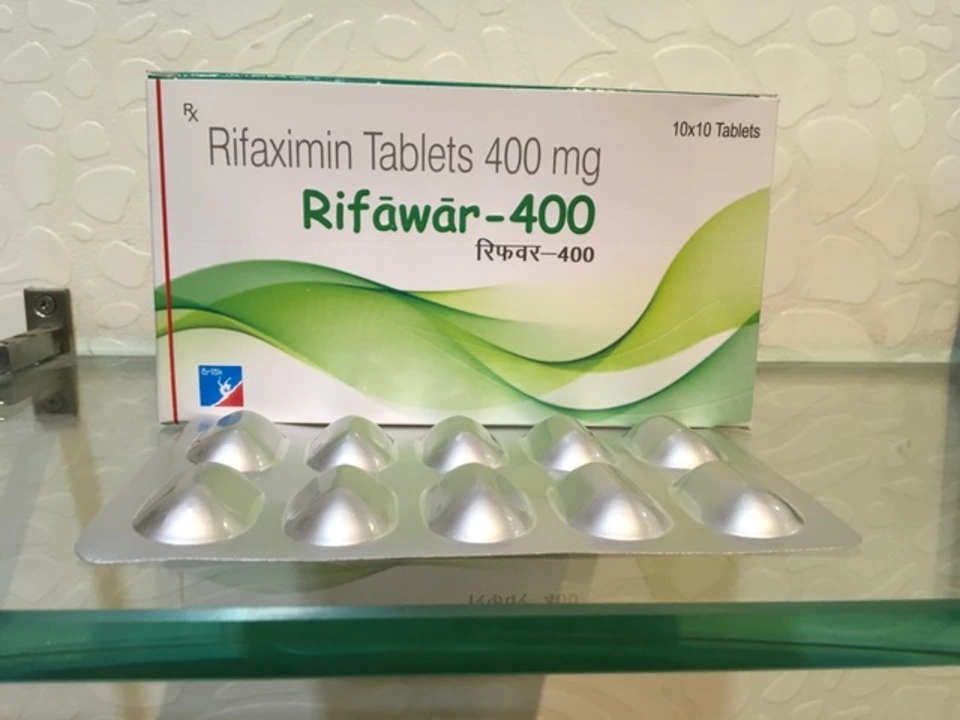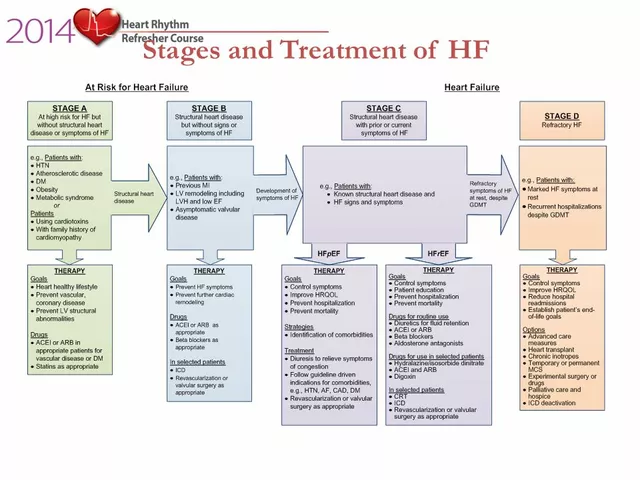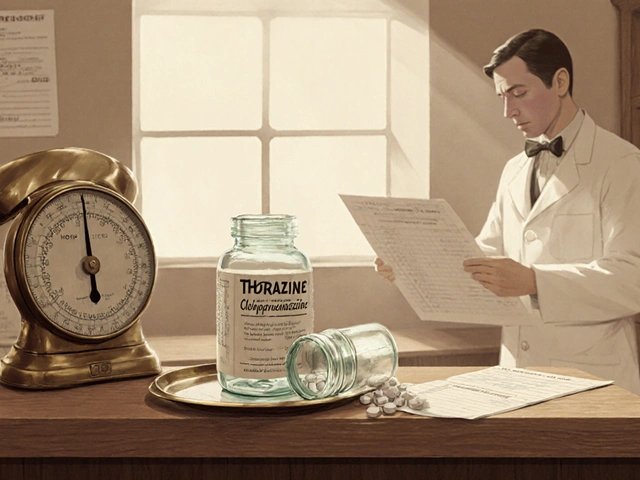Food Interactions: Keep Your Medications Working Right
Ever wonder why your doctor says to take some meds with food but others on an empty stomach? Food can change the way your body absorbs or reacts to medicines, sometimes making them less effective or causing side effects. Knowing how your meds interact with what you eat can save you from risks and help you get the best results.
Why Food Matters with Medications
When you swallow a pill, it doesn’t just enter your system on its own. The food in your stomach can speed up, slow down, or block the absorption of that medication. For example, some antibiotics like tetracycline become nearly useless if you take them with dairy products because calcium binds to the drug and prevents absorption.
Other meds, like some heart medicines or ADHD treatments, might cause stomach upset if taken on an empty stomach. That’s why you might be told to take them with a meal. On the flip side, certain foods such as grapefruit juice can interfere with enzymes that break down many drugs, causing higher levels of the medicine in your blood and increasing the risk of side effects.
Practical Tips to Avoid Food-Medication Mishaps
First off, always check the label or ask your pharmacist about food instructions for any medication. Don’t assume it’s okay to mix food and meds without guidance.
Space out taking supplements or meds and meals when advised. For example, if your thyroid medication should be taken on an empty stomach, avoid eating for at least 30-60 minutes after.
Be cautious with foods known for interactions. This means keeping an eye on grapefruit juice, alcohol, and high-fat meals, which can sometimes mess with medication performance.
Finally, keep a consistent routine. If you take meds regularly, try to take them at the same times related to meals every day. That helps your body absorb them predictably.
Understanding these food interactions helps you stay safe and makes sure your medications do their job the way they were meant to. Got questions about a specific medicine and food? Reach out to your healthcare provider or pharmacist for advice tailored just for you.

Protein Shakes and Levothyroxine: Morning Dose Timing Tips
- Date: 15 Dec 2025
- Categories:
- Author: David Griffiths
Learn how to time your protein shakes with levothyroxine to avoid reduced medication absorption. The 4-hour rule can stabilize your thyroid levels and improve how you feel every day.

Rifaximin and Food Interactions: What to Avoid
- Date: 29 Apr 2023
- Categories:
- Author: David Griffiths
As a blogger, I've recently researched Rifaximin and its potential food interactions. It's crucial to be aware that while Rifaximin is considered a safe and effective medication for treating certain gastrointestinal issues, there can be some interactions with specific foods. From my findings, it's best to avoid consuming grapefruit or grapefruit juice, as it may increase the drug's concentration in the bloodstream, leading to potential side effects. Additionally, it is essential to maintain a consistent diet during treatment, as sudden changes may affect the medication's efficacy. Overall, it's vital to consult with your healthcare provider for personalized advice on any dietary restrictions while taking Rifaximin.




